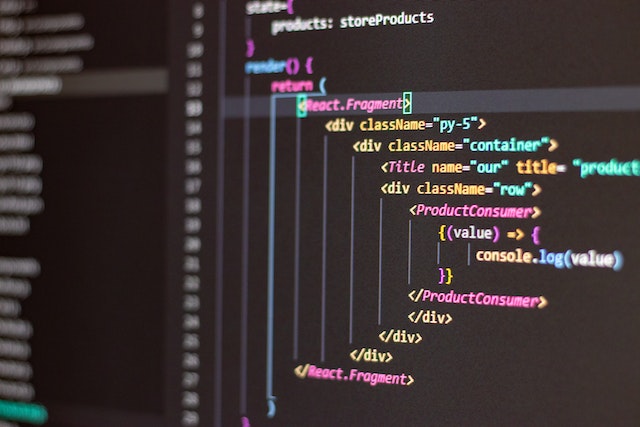VPN Vs Haking
VPNs vs. Hacking: Understanding the Differences
Virtual Private Networks (VPNs) and hacking are both methods of accessing and manipulating information over the internet. However, they are very different in terms of their purpose and legality.
VPN
VPNs are a type of technology that creates a secure, encrypted connection between your device and the internet. They are used to protect your personal and sensitive information, such as credit card numbers, login credentials, and browsing history, from being intercepted by hackers or other malicious actors. VPNs are legal and are often used by businesses and individuals to protect their online data.
Hacking
On the other hand, is the unauthorized access or manipulation of information on a computer system or network. Hacking is illegal and can be used to steal personal or sensitive information, disrupt operations, or commit fraud. Hackers use a variety of techniques to gain access to computer systems, such as exploiting software vulnerabilities, phishing, and social engineering.
While VPNs and hacking may seem similar, the key difference is that VPNs are used to protect your online data, while hacking is used to steal or manipulate it.
One of the most significant differences between VPNs and hacking is that VPNs are a legitimate way to protect your personal and sensitive information, while hacking is illegal. Additionally, while VPNs may slow down your internet connection, they do not cause any damage to your computer or network. On the other hand, hacking can cause significant damage to your computer or network, and may result in the loss of valuable data.
Another difference is that VPNs are used to hide your IP address and encrypt your internet connection, while hacking is used to gain access to a computer or network. VPNs are used by businesses and individuals to keep their online data secure, while hacking is used by criminals to steal personal and sensitive information.
VPNs and Hacking
In conclusion, VPNs and hacking are very different methods of accessing and manipulating information over the internet. VPNs are a legal and legitimate way to protect your personal and sensitive information, while hacking is illegal and can cause significant damage to your computer or network. If you are looking to protect your online data, consider using a VPN, and be sure to choose a reputable provider with strong encryption and a strict no-logs policy.
